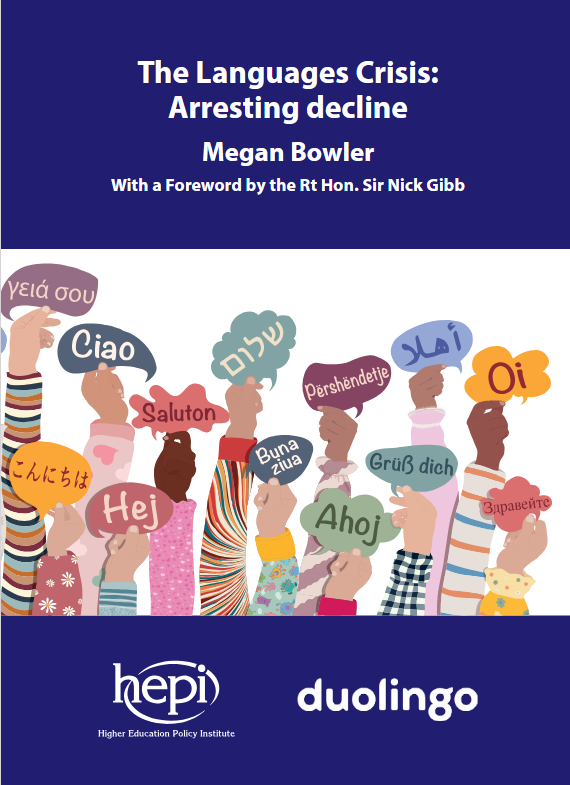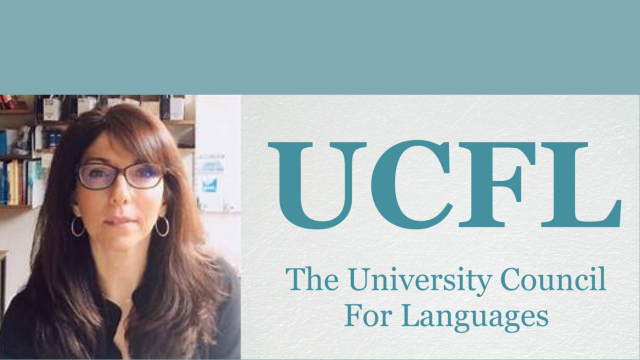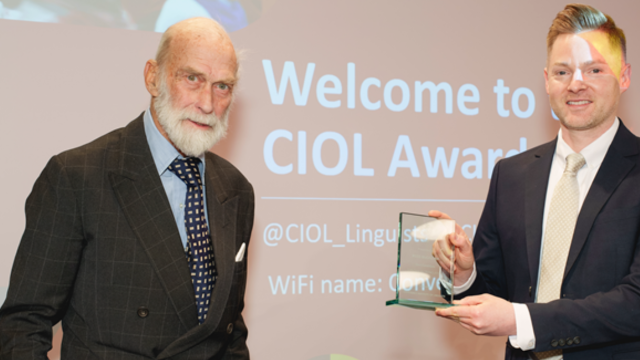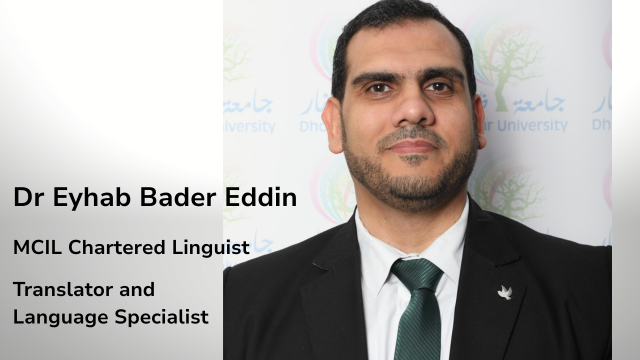-
QUALIFICATIONS
- For Linguists Worldwide
- For UK Public Services
- Preparation
- Policies & Regulation
-
MEMBERSHIP
- Join CIOL
- Professional Membership
- Affiliate Membership
- Chartered Linguist
- Already a member?
- Professional conduct
- Business & Corporate Partners
-
LANGUAGE ASSESSMENTS
- English
- All Other Languages
-
CPD & EVENTS
- Webinars & Events
- CIOL Conferences
- Networks
- CIOL Mentoring
-
NEWS & VOICES
- News & Voices
- CIOL eNews
- CIOL Awards
- The Linguist Magazine
- Jobs & Ads
-
RESOURCES
- For Translators & Interpreters
- For Universities & Students
- Standards & Norms
- CIOL & AI
- All Party Parliamentary Group
- In the UK
- UK Public Services
- Find-a-Linguist
HEPI & Duolingo - The UK's Language Crisis
John Worne CIOL CEO writes:
A new report from the Higher Education Policy Institute, ‘A Languages Crisis: Arresting decline’ by Megan Bowler (HEPI Report 192) and sponsored by Duolingo, shows a big drop in formal language learning in the UK.
Key Stats
The report sets out the current state of language learning in UK’s schools and universities, but some stats which catch the eye include:
- Less than 3% of A-Levels taken in 2024 were for Modern Foreign Languages, Classical Subjects, Welsh (Second Language) and Irish.
- The percentage of Year 11 pupils studying a language for GCSE is 20 percentage points lower in poorer areas than affluent ones (69% versus 46-47%).
- Language teacher recruitment consistently falls well below government targets – in 2024, just 43% of the target was reached.
- Declines in the uptake of degree programmes in languages have continued across all modern language groups each year since 2020.
- Since 2014, 17 UK universities have lost their modern languages degrees.
Valuing a 'Lingistic Mindset'
As Megan Bowler, the author of the report and a DPhil student in Classics at the University of Oxford, said:
‘Language learning is facing new challenges. There is a common misconception that Google Translate and now AI tools are making language capabilities redundant. On the contrary, the skills and intellectual values that a “linguistic mindset” can instil are even more important in this age of rapid technological change.’
Duolingo leads the charge
Duolingo’s UK Country Director Michael Lynas rightly flags that at a time when technology is reshaping how we all learn and given support for formal language learning is under pressure, we need to rethink the role that languages play in our society.
As Michael says, all too often the conversation about language learning in the UK is framed negatively: that we’re not good at it, that young people aren’t interested in languages and that speaking English is enough. But Duolingo’s learning data shows the UK’s very real appetite for languages with under-22s leading the charge, choosing Japanese, Korean and Chinese in increasing numbers.
STEM has raised the bar
Nobody doubts the value of all the subjects in the graph below, but for me – and I think for the long term health and benefit of the UK - we need to see languages up where some of the STEM subjects are in the numbers of young linguists coming through the educational system.
Recognising and valuing Home Heritage & Community Languages
As the HEPI report says, we also need much more formal recognition and use made by UK employers of the Home, Heritage and Community languages, which are so widely spoken across the length and breadth of the UK.
CIOL’s own Language Level Assessments could help here.
CIOL Language Level Assessments
CIOL Language Level Assessments are for adults who want to prove to themselves or to employers their current standard of speaking skills in a wide range of languages, including French, German, Italian and Spanish and also a wide range of UK Home, Heritage and Community languages such as Arabic (MSA), Bengali, Cantonese, Mandarin, Polish, Portuguese, Romanian, Turkish, Urdu and many more languages from all around the world.
Mapped against the globally recognised Common European Framework of Reference (CEFR), and CIOL's own Language Level Frameworks, they enable speakers to both better understand and demonstrate their current level of spoken fluency in their languages.
Knowing your language level can unlock greater confidence and career and life opportunities. A Language Level Assessment means employers will be better able to understand where and to what degree a person may be able to take on additional roles, such as: meeting and greeting, presenting, public speaking and negotiation, dealing with stakeholders, partners and clients and international representation and liaison, all of which benefit from communication skills in other languages. There is huge opportunity here as the report sets out.
Languages aren't a luxury
As Duolingo’s Michael Lynas says:
“Languages aren’t a luxury – they’re a bridge: helping us connect across cultures, compete in global markets and build a more empathetic, outward-looking society.”
He’s right.
You can read the full report HEPI report here
More
The Chartered Institute of Linguists (CIOL), Incorporated by Royal Charter, Registered in England and Wales Number RC 000808 and the IoL Educational Trust (IoLET), trading as CIOL Qualifications, Company limited by Guarantee, Registered in England and Wales Number 04297497 and Registered Charity Number 1090263. CIOL is a not-for-profit organisation.









